The Poisonous Skull
[…] Now autumn came, and Oleg (the prince of Kiev) thought about his horse, which he had caused to be well fed, yet had never mounted.
For on one occasion he had made inquiry of the wonder-working magicians as to the ultimate cause of his death. One magician replied, “Oh Prince, it is from the steed which you love and on which you ride that you shall meet your death.” Oleg then reflected and determined never to mount this horse or even to look upon it again. So he gave command that the horse should be properly fed, but never led into his presence. He thus let several years pass until after he had attacked the Greeks.
After he returned to Kiev, four years elapsed, but in the fifth he thought of the horse through which the magicians had foretold that he should meet his death. He thus summoned his senior squire and inquired as to the whereabouts of the horse which he had ordered to be fed and well cared for. The squire answered that he was dead. Oleg laughed and mocked the magician, exclaiming, “Soothsayers tell untruths, and their words are naught but falsehood. This horse is dead, but I am still alive.”
Then he commanded that a horse should be saddled. “Let me see his bones,” said he.
He rode to the place where the bare bones and skull lay. Dismounting from his horse, he laughed and remarked, “So I was supposed to receive my death from this skull?” And he stamped upon the skull with his foot. But a serpent crawled forth from it and bit him in the foot, so that in consequence he sickened and died…
source: Valerie A. Kivelson, Christine D. Worobec (eds.), Witchcraft in Russia and Ukraine, 1000-1900: A Sourcebook, Northern Illinois University Press, 2020, p. 51
